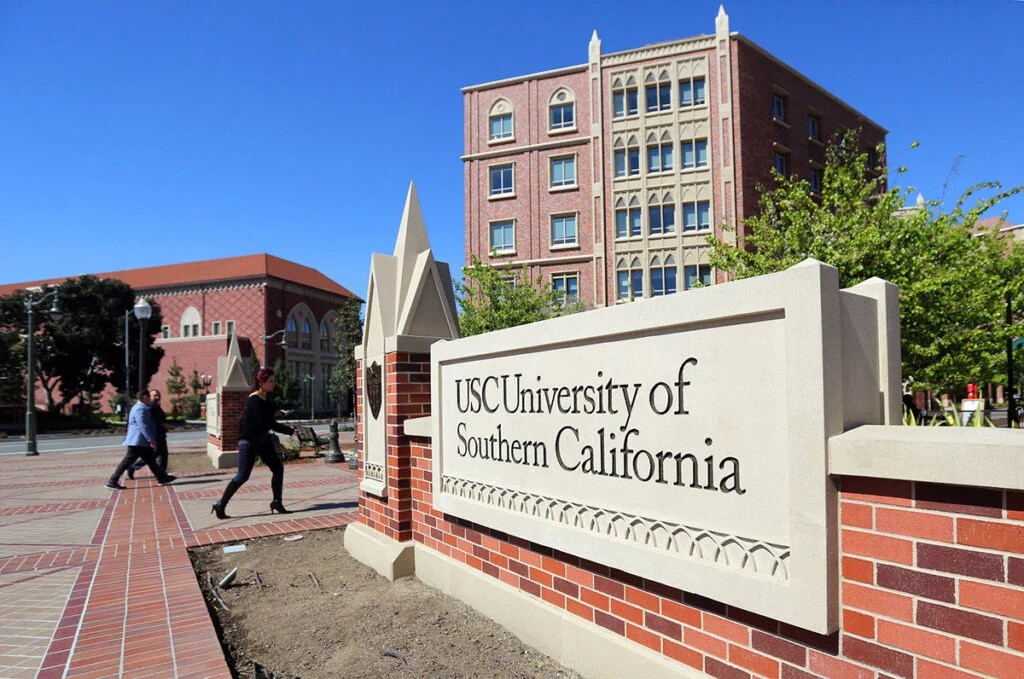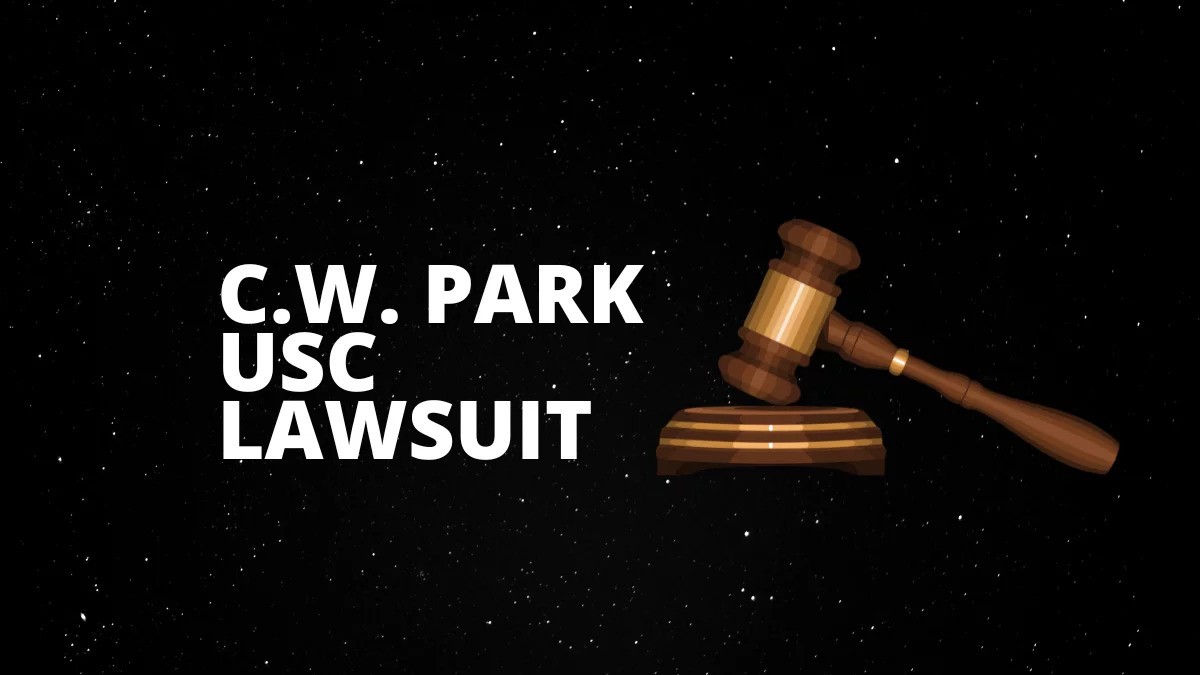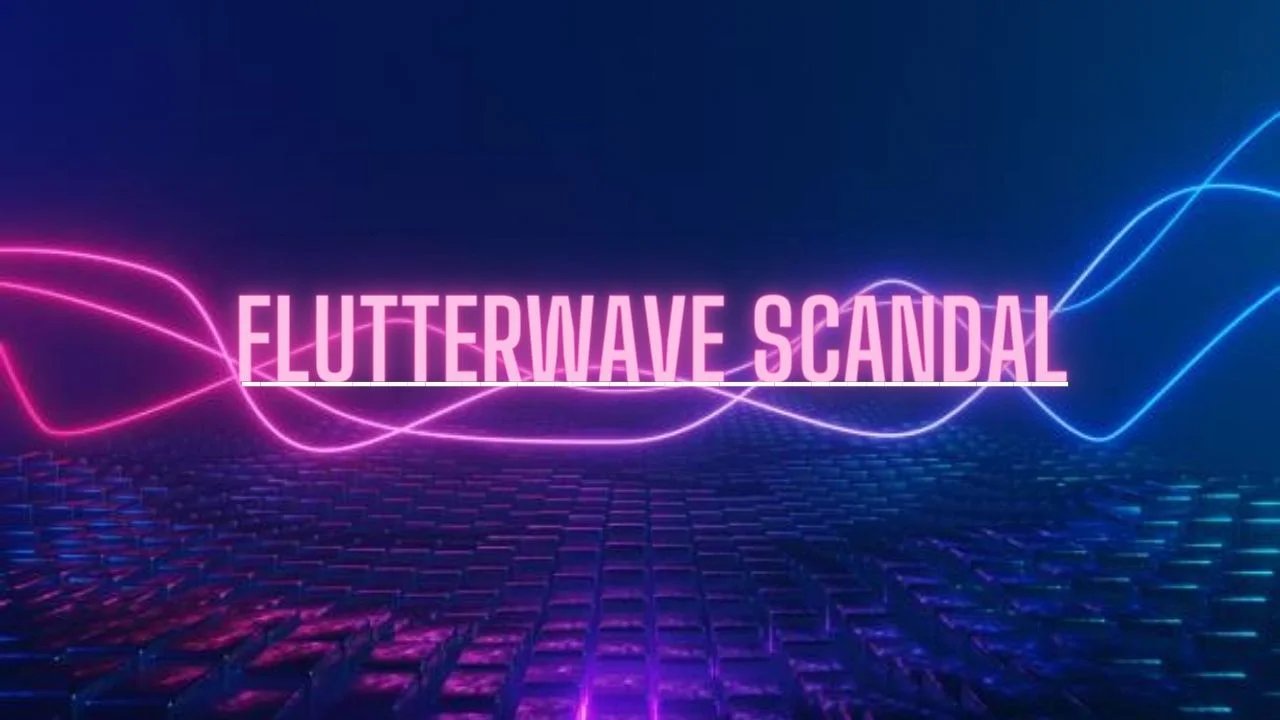In recent times, the University of Southern California (USC) has found itself under intense scrutiny due to a legal battle involving a prominent figure, Professor C.W. Park USC Lawsuit. This lawsuit has unearthed a plethora of allegations, spanning issues of misconduct, discrimination, and harassment within the institution. In this comprehensive blog post, we will delve into the case, exploring its implications, the broader context of universities in California, and the potential impact on the education sector.
Understanding the C.W. Park USC Lawsuit
The C.W. Park USC lawsuit revolves around a series of allegations against Professor C.W. Park, a prominent faculty member at the university. These allegations span a wide range of issues, including academic misconduct, harassment, and discrimination against students. The case brings to light questions regarding the accountability of educational institutions and the responsibility they bear in ensuring a safe and inclusive environment for all students. You also may like to know about ftmc
Allegations and Claims
The heart of the matter lies in the specific allegations made against Professor C.W. Park. Students have come forward with claims of harassment, discrimination, and inappropriate conduct, raising serious questions about the university’s policies and the overall culture within its academic community. These claims have opened up a dialogue about the prevalence of such issues within higher education institutions and the need for stricter regulations to safeguard the rights of students.
Impact on the University and its Community
The USC lawsuit doesn’t only highlight the alleged actions of one professor but also sheds light on the broader environment within the university. The impact on the community is palpable, with students, faculty, and administrators grappling with the aftermath of the allegations. This case has sparked conversations about the need for transparency, accountability, and a thorough examination of the existing mechanisms in place to address such issues within the academic setting.
Media Attention and Public Response
As news of the C.W. Park USC lawsuit broke, media outlets have closely followed the developments, contributing to a wider discourse on the state of higher education in California. Public response has been mixed, with some expressing shock and concern while others debate the efficacy of existing university policies in handling such cases. The media’s role in shaping public opinion and holding institutions accountable comes to the forefront as the case unfolds.
University Policies and Procedures
One of the critical aspects under scrutiny is the effectiveness of USC’s existing policies and procedures in dealing with allegations of misconduct and harassment. The lawsuit raises important questions about whether the university has adequate systems in place to address such issues promptly and fairly. Examining these policies and potential gaps in their implementation is crucial for understanding how institutions can better protect the rights and well-being of their students.

Legal Proceedings and Arguments
The legal proceedings in the C.W. Park USC lawsuit will undoubtedly shed light on the legal arguments presented by both parties. Professor C.W. Park may provide a defense against the allegations, questioning the credibility of the claims made against him. On the other hand, the students involved will present their case, underscoring the need for justice and accountability. Analyzing these legal arguments will be instrumental in understanding the complexities of the case.
Implications for Higher Education
Beyond the immediate consequences for USC, the lawsuit has broader implications for higher education institutions across California. It prompts a necessary examination of the systemic issues that may exist within academia, including power dynamics, accountability structures, and the protection of students’ rights. The case serves as a wake-up call for universities to reassess their policies and practices to ensure a safe and inclusive learning environment.
The Role of Academia in Shaping Society
The C.W. Park USC lawsuit forces us to reflect on the role of academia in shaping societal norms and values. As educational institutions play a pivotal role in molding future leaders and professionals, the allegations against a prominent professor raise questions about the integrity and ethical standards within the academic community. This introspection is essential for universities to fulfill their societal responsibilities. You also may like to know about u231748506
Community Response and Support
The USC community, both on and off-campus, plays a crucial role in determining the outcome of the lawsuit and shaping the university’s future. Students, faculty, alumni, and administrators must come together to address the issues raised by the case. The support system within the university community is integral for the affected students and for initiating necessary changes to prevent such incidents from occurring in the future.
The Importance of Accountability and Transparency
In the aftermath of the C.W. Park USC lawsuit, the importance of accountability and transparency in higher education cannot be overstated. Educational institutions must prioritize the well-being of their students, ensuring that mechanisms are in place to promptly address allegations of misconduct and harassment. The case serves as a reminder that maintaining the trust of students and the wider community requires a commitment to openness and accountability.
Exploring the Impact on Research and Academic Integrity
The allegations against Professor C.W. Park raise concerns about the impact on the research and academic integrity of the university. The case prompts a broader conversation about the potential consequences of such incidents on the reputation of an institution and its ability to attract and retain top-tier faculty and students. Safeguarding academic integrity is not only crucial for the affected individuals but also for the overall standing of the university in the academic community.
Addressing Issues of Assault and Harassment
The C.W. Park USC lawsuit is situated within the larger context of addressing issues of assault and harassment within academic environments. The case underscores the urgent need for universities to strengthen their policies and response mechanisms to create a safer space for students and faculty. Initiatives aimed at fostering a culture of respect, consent, and equality are imperative for building an inclusive and supportive academic community.
Rights of Students and Faculty
Central to the C.W. Park USC lawsuit are the rights of both students and faculty. As the legal proceedings unfold, it will be essential to examine how the rights of the affected students are protected and whether the university has adequately addressed the concerns raised. Additionally, the case prompts a broader discussion about the rights of faculty members and the responsibility of institutions to ensure a fair and just workplace environment for all.
California Universities and a Call for Reform
The C.W. Park USC lawsuit is not an isolated incident; it reflects a broader challenge faced by universities in California and beyond. The case calls for a collective reevaluation of existing practices and policies within higher education institutions. California universities, in particular, may need to consider comprehensive reforms to address issues of misconduct, discrimination, and harassment, ensuring the well-being and rights of their diverse student populations.
Community Engagement and Activism
In the wake of the lawsuit, community engagement and activism have become powerful tools for advocating change within USC and other universities. Students, alumni, and concerned community members are increasingly mobilizing to demand accountability, transparency, and systemic reforms. This surge in activism reflects a growing awareness of the need for collective action to address the root causes of issues within higher education institutions.
The Future of Higher Education
The C.W. Park USC lawsuit forces us to confront the broader question of the future of higher education. How institutions respond to cases of misconduct and discrimination will shape the trajectory of academia in the coming years. The case serves as a catalyst for universities to reevaluate their priorities, strengthen their commitment to student welfare, and contribute to the creation of a more inclusive, respectful, and equitable educational environment.
Conclusion
The C.W. Park USC lawsuit is a stark reminder of the challenges that higher education institutions face in maintaining a safe and inclusive environment. As the case unfolds, it prompts a thorough examination of university policies, accountability structures, and the overall culture


